Writing While Biracial
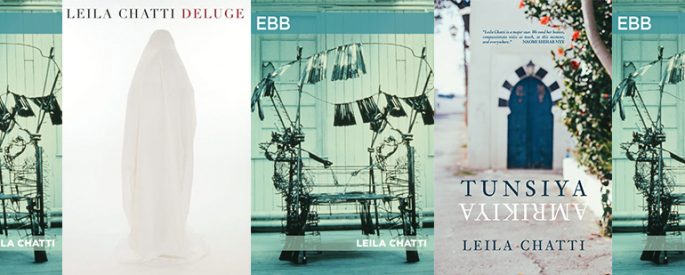
Leila Chatti’s poems subvert the expectation that she, as a Tunisian American writer, write as "just" Tunisian or "just" American—or just as the Tunisian American writer for whom mixed identity itself is the chief subject and source of conflict in her work.
Flash Fiction America
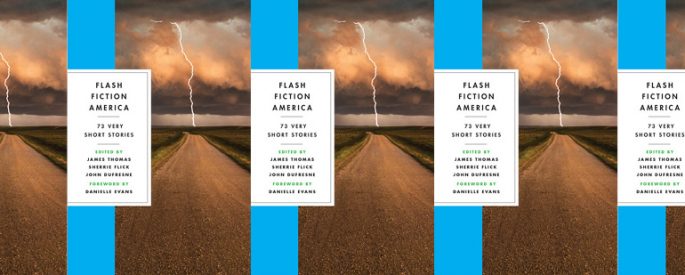
The stories come and go quick, as is the way with flash, but they also linger, creating one more mysterious, satisfying paradox for readers to hold.
Home as Metonymy for Country in The Locust and the Bird: My Mother’s Story
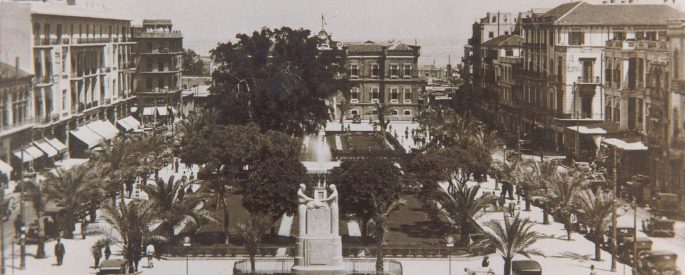
Set in decades past, Hanan al-Shaykh’s novel remains relevant to women’s rights today: she uses her narrator’s struggle to draw upon sociopolitical issues, positioning women’s stories as a means of redefining the political and societal in terms of the personal, and insisting on the importance of reaching beyond presiding
States of Refusal in How to Do Nothing and Housekeeping
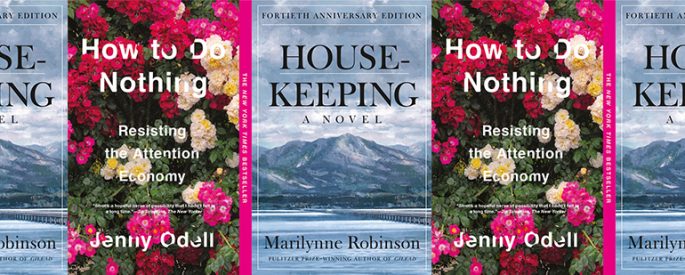
“Fourteen years ago I left my job at a publicly traded company and began life as a freelancer. In all these years I have been trying to get to what Jenny Odell calls the ‘third space,’ an arena of both participation in and resistance to society.”
How Can We Be Happy in a World Full of Suffering?
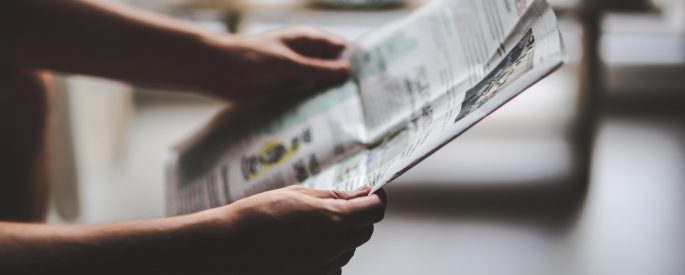
Olivia Laing, in her new novel, writes of a feeling that resonates: “She felt blank. She felt blank and mildly hysterical, she was itching to do something but it wasn’t clear what.”
The Impossible Citizen in Jill Magi’s SPEECH
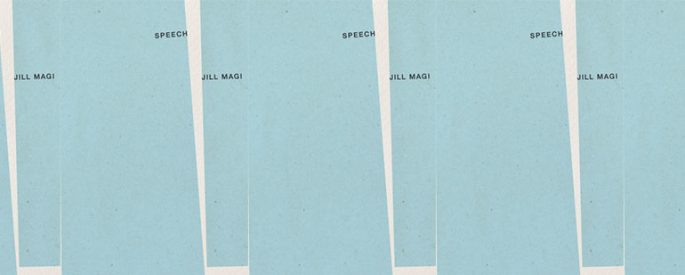
In Magi’s book-length poem, which revives a cosmopolitan way of being that has gone out favor, textures of physical borders are examined as speech while actual speeches are recovered from books and archives to reveal ways we might begin to comprehend the borders that entrap us.
“What drew me to Lange was her desire to make lives of the unseen seen”: An Interview with Jasmin Darznik
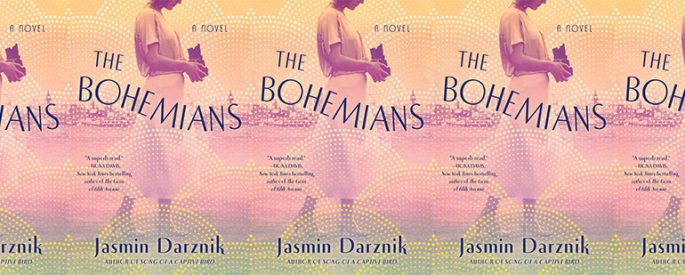
Jasmin Darznik’s second novel, which imagines the early adulthood of the famous photographer Dorothea Lange, tracks the revelation of Lange’s artistic ethos: photography, she comes to accept, is as much about the seer as it is about the seen.
The Maternal Gothic in The Push and Beloved
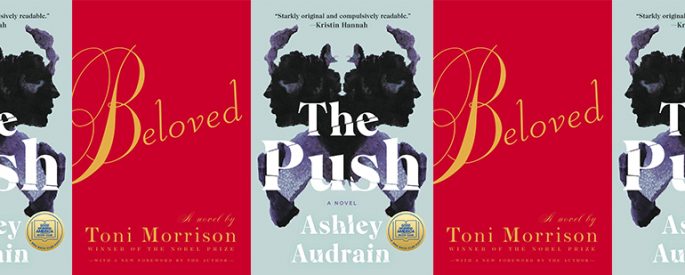
Ashley Audrain and Toni Morrison use the maternal gothic form, which dwells on the threats posed both to and by children and mothers, upending idyllic, peaceful visions of maternal life, to explore how mothers are devalued and isolated by white, patriarchal power structures.
“I absolutely wanted to present an upturned tale of exploration and resource gathering and success”: An Interview with Chang-rae Lee
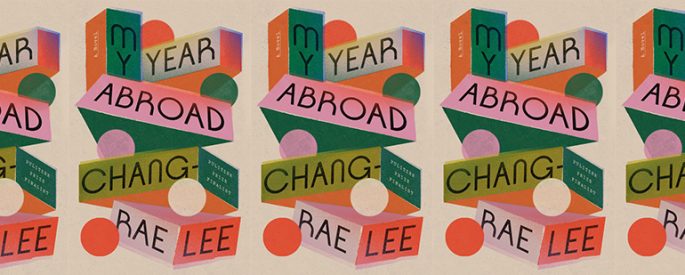
Chang-rae Lee’s latest novel illuminates the complex economic and cultural exchange between East and West through humorous and often grotesque scenes that question norms of race, money, privilege, and consent.
The Flâneuse: Walking in London and Paris
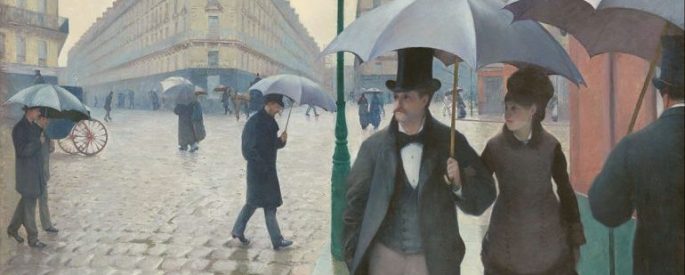
We speak of things like ships, cities, and even the earth itself as female, yet men are so often the ones confidently plodding through these spaces, conquering them as they would a female body.